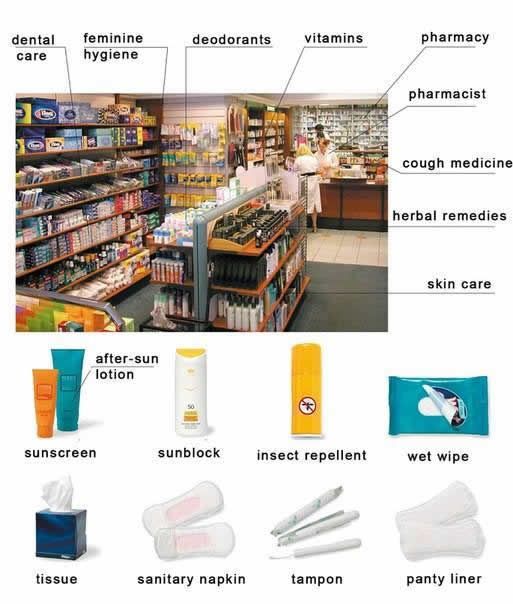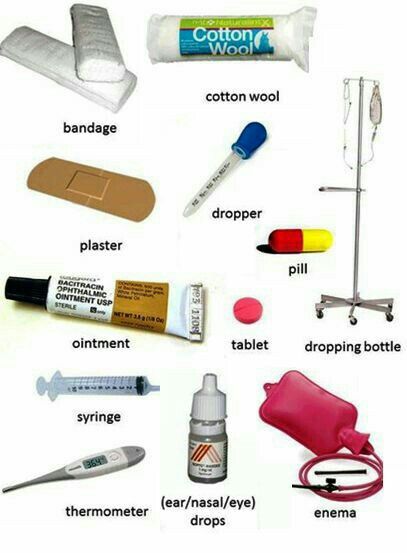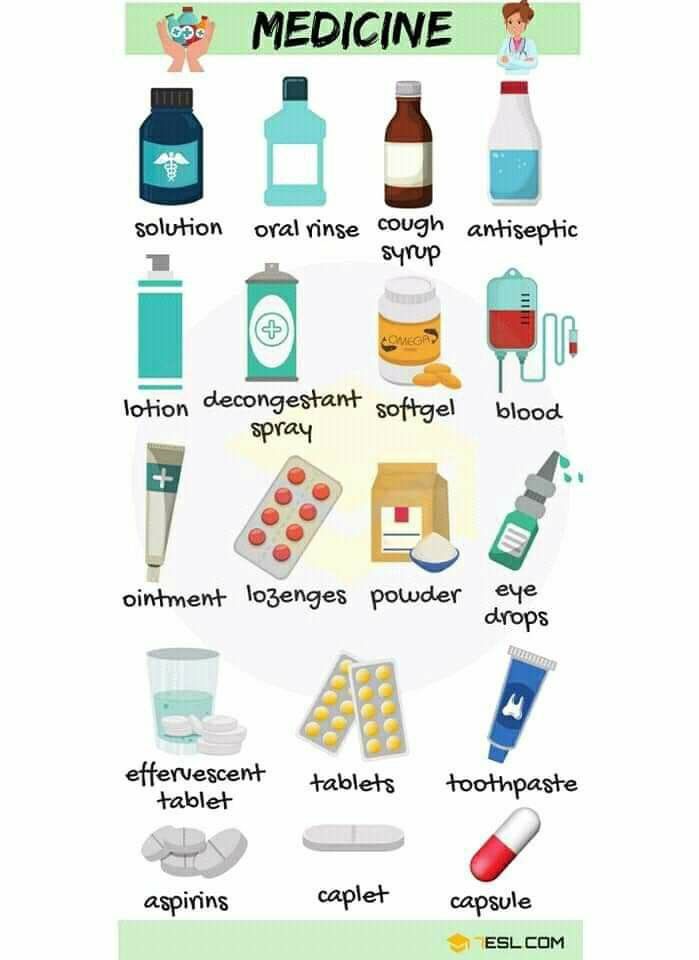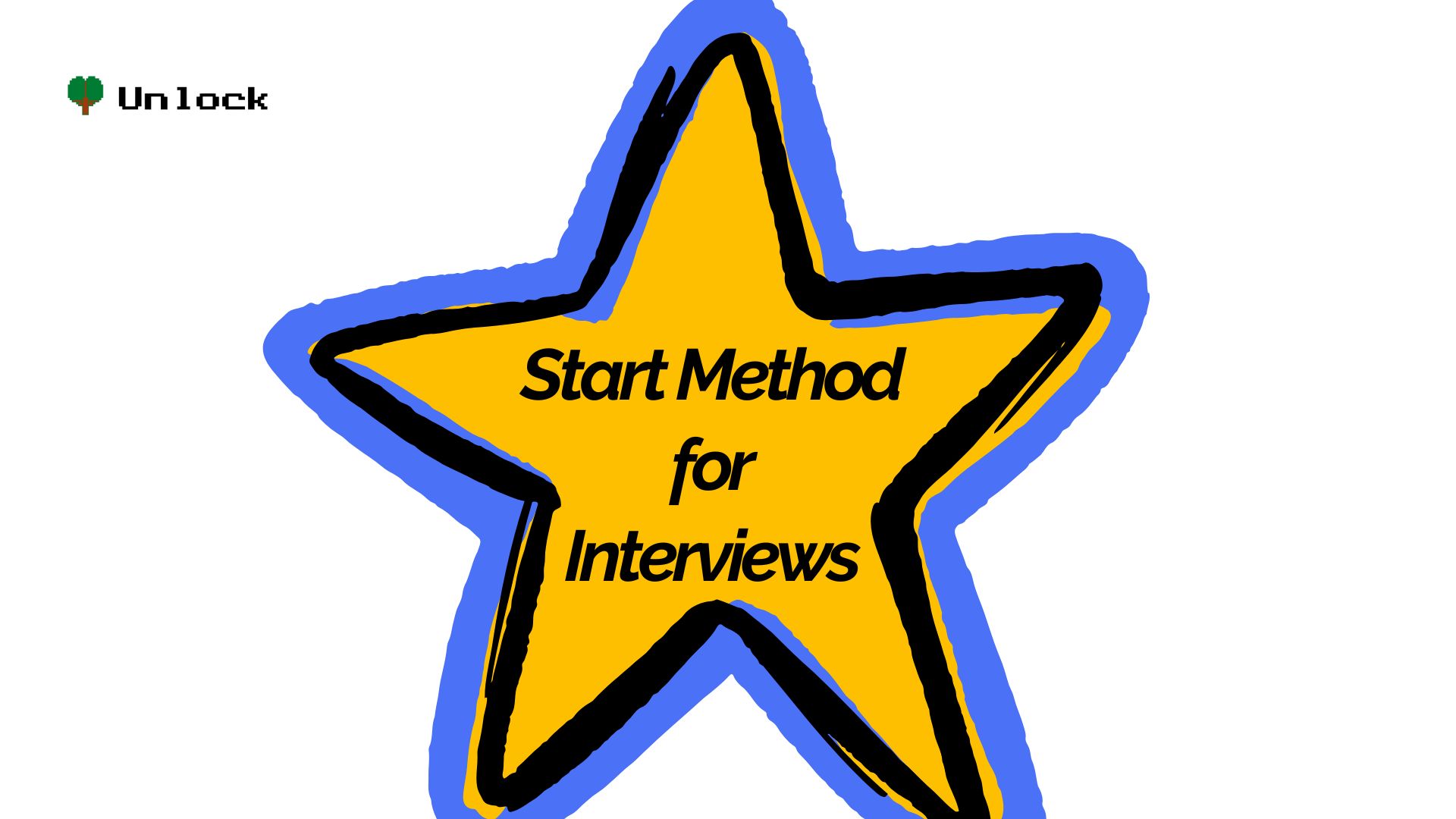
Drugstore Vocabulary and important phrases
A drugstore, also known as a pharmacy, is a retail store where medicines and other health-related items are sold. Common vocabulary includes terms like "prescription," "over-the-counter (OTC) medications," "pharmacy," "pharmacist," and various drug names like "aspirin" or "antibiotic".
Here's a more detailed breakdown:
People:
- Pharmacist: A professional licensed to dispense medications and provide healthcare advice.
- Customer/Patient: The person purchasing items at the drugstore.
Places:
- Drugstore/Pharmacy: The retail establishment.
- Waiting area: Where customers may wait for their prescriptions.
Products/Items:
- Medication/Medicine: Substances used to treat or prevent disease.
- Prescription medication: Drugs that require a doctor's authorization to purchase.
- Over-the-counter (OTC) medication: Drugs that can be purchased without a prescription.
- Tablets/Pills: Solid forms of medication.
- Capsules: Solid medication encased in a gelatin shell.
- Liquid medicine: Medication in liquid form (e.g., cough syrup, nose drops).
- Ointment/Cream: Topical medications applied to the skin.
- Band-Aids: Adhesive bandages for minor wounds.
- Cotton swabs: Absorbent sticks used for cleaning or applying medication.
- First-aid kit: A collection of items used for treating minor injuries.
Actions:
- Fill a prescription: To prepare and dispense medication based on a doctor's order.
- Pick up a prescription: To collect medication that has been filled.
- Take medication: To ingest or apply medication.
- Consult with a pharmacist: To seek advice or clarification on medication.

Here’s a simulated dialogue between a pharmacist and a customer at a drugstore:
Patient: Good afternoon! I’m here to fill a prescription my doctor gave me.
Pharmacist: Good afternoon! Of course. May I see your prescription, please?
Patient: Here you go.
Pharmacist: Thank you. I see this is for amoxicillin. Are you allergic to any medications?
Patient: No, I’m not allergic to anything that I know of.
Pharmacist: Great. Have you taken amoxicillin before?
Patient: I’m not sure, maybe when I was a kid?
Pharmacist: No problem. This is an antibiotic to treat your infection. You’ll need to take one capsule three times a day for seven days. Be sure to complete the full course, even if you start to feel better.
Patient: Okay, got it. Should I take it with food?
Pharmacist: You can take it with or without food, but taking it with food might help prevent stomach upset.
Patient: Thanks! Are there any side effects I should watch out for?
Pharmacist: Some people experience mild stomach upset or diarrhea. If you develop a rash, difficulty breathing, or severe diarrhea, stop taking the medication and contact your doctor immediately.
Patient: Understood. How long will it take to be ready?
Pharmacist: It’ll be about 10 to 15 minutes. Feel free to browse or have a seat while you wait.
Patient: Thank you very much!
Pharmacist: You’re welcome! I’ll call your name when your prescription is ready.

The customer visits the chemist to purchase medicines and other supplies. The chemist provides the customer with medicines listed on a doctor's prescription, as well as general medicines, first aid items, toothbrushes, toothpaste, Dettol, Burnol, and razor blades requested by the customer. The chemist prepares a bill for the purchases and returns the customer's change after receiving payment.

.png)






